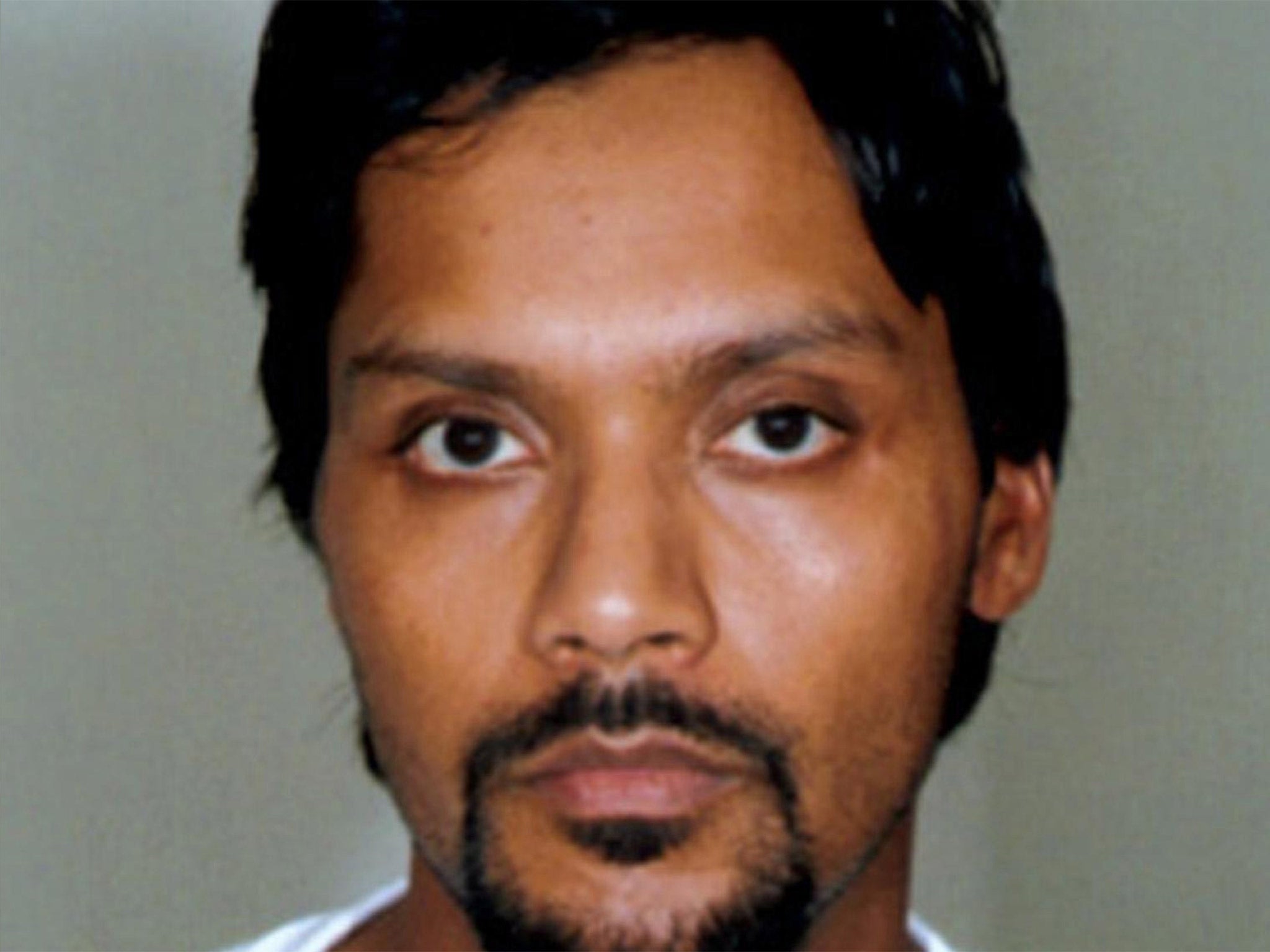CIA torture report: The three British plots that the CIA falsely cited to justify torture
CIA's justification for the use of torture methods 'rested on inaccurate claims of their effectiveness', report says

Your support helps us to tell the story
From reproductive rights to climate change to Big Tech, The Independent is on the ground when the story is developing. Whether it's investigating the financials of Elon Musk's pro-Trump PAC or producing our latest documentary, 'The A Word', which shines a light on the American women fighting for reproductive rights, we know how important it is to parse out the facts from the messaging.
At such a critical moment in US history, we need reporters on the ground. Your donation allows us to keep sending journalists to speak to both sides of the story.
The Independent is trusted by Americans across the entire political spectrum. And unlike many other quality news outlets, we choose not to lock Americans out of our reporting and analysis with paywalls. We believe quality journalism should be available to everyone, paid for by those who can afford it.
Your support makes all the difference.Over several years, the CIA wrongfully asserted that eight separate terror plots had been foiled because of the interrogation programme and countless lives had been saved.
The Senate Intelligence Committee report released on Tuesday counters that in all those cases there was never any basis for such claims. The CIA's justification for the use of these torture methods in fact "rested on inaccurate claims of their effectiveness,” it said.
Three of these cases emanated from Britain.
Dhiren Barot
The arrest of Dhiren Barot and his subsequent conviction at Woolwich Crown Court in 2006 and sentencing to life imprisonment for plotting to plant radioactive, chemical or toxic gas bombs and cram limousines with nails and explosives in the UK and the US was one of those cases most frequently cited by the CIA.
But the Senate report begs to differ saying that arrest of Barot, a North London schoolboy, had nothing to do with the interrogations but instead was “attributable to the efforts of UK law enforcement”.
Heathrow and Canary Wharf
The report concludes that interrogators were fed false information on an already abandoned plan by al-Qaeda to take control of planes leaving Heathrow Airport and then turn back and crash them into the airport and also Canary Wharf. The information was given to them by Khalid Sheikh Mohammed, the mastermind of the September 11 attacks in the US.
The detainee, who was subjected to protracted periods of waterboarding later retracted the information but the CIA for years continued to cite what he had told them as evidence that the interrogation techniques were working even when they knew that his tip had been erroneous.
“The CIA provided similar inaccurate representations regarding the Heathrow and Canary Wharf Plotting in 20 of the 20 documents provided to policymakers and the Department of Justice between July 2003 and March 2009,” the report concludes.
After the Twin Towers atrocity, Mohammed was said to have "sought to target the United Kingdom using hijacked aircraft and surmised that Heathrow Airport and a building in Canary Wharf, a major business district in London, were powerful economic symbols".
It went on: "The initial plan was for al-Qaeda operatives to hijack multiple airplanes departing Heathrow Airport, turn them around, and crash them into the airport itself.
"Security was assessed to be too tight at Heathrow Airport and the plan was altered to focus on aircrafts departing from mainly Eastern European airports to conduct attacks against Heathrow Airport. Al-Qaeda was unable to locate pilots to conduct these attacks.”
“Over a period of years, the CIA provided the identification and thwarting of the Heathrow Airport plot as evidence for the effectiveness of the CIA's enhanced interrogation techniques.
"These representations were inaccurate. A review of records indicates that the Heathrow Airport and Canary Wharf plotting had not progressed beyond the initial planning stages when the operation was fully disrupted."
Saajid Badat was jailed for 13 years for trying to blow up an airliner
Shoe Bomber
The report says the CIA similarly tried to hold up the arrest and conviction in Britain of shoebomber Saajid Badat as fruit of their work at the black sites.
From Barton, Gloucester, Badat was jailed in 2005 after admitting planning to explode a shoe bomb aboard a transatlantic flight from London to the US. He had been assigned to carry out the attack alongside the the shoe bomber from Britain Richard Reid. But Badat didn’t go through with it. But again the report says it was British footwork that snared him.

"UK domestic investigative efforts, reporting from foreign intelligence services, international law enforcement efforts, and US military reporting resulted in the identification and arrest of Saajid Badat,” the report stated.
Join our commenting forum
Join thought-provoking conversations, follow other Independent readers and see their replies
0Comments